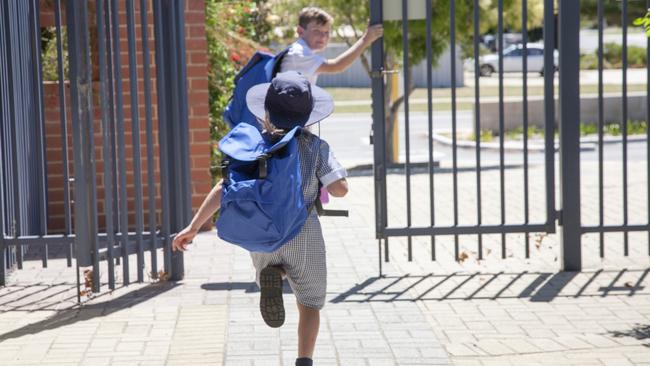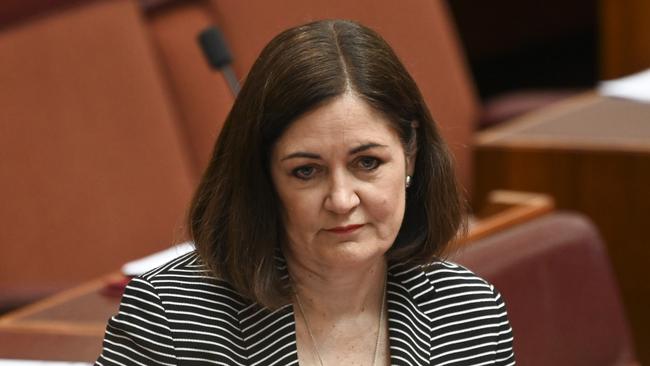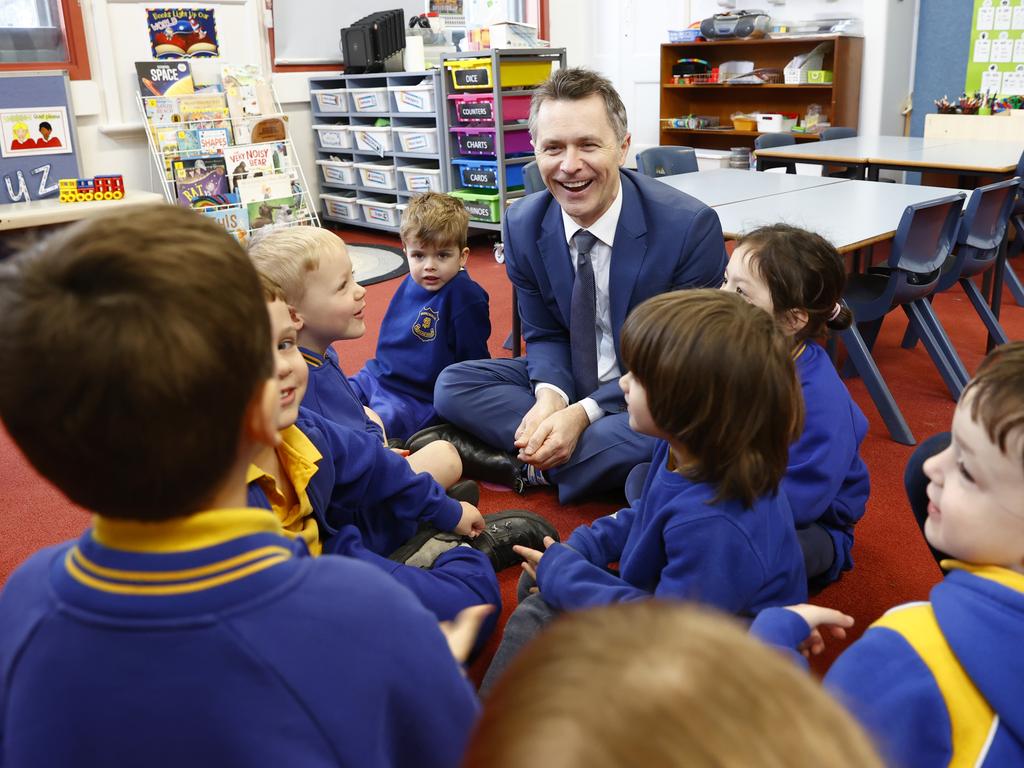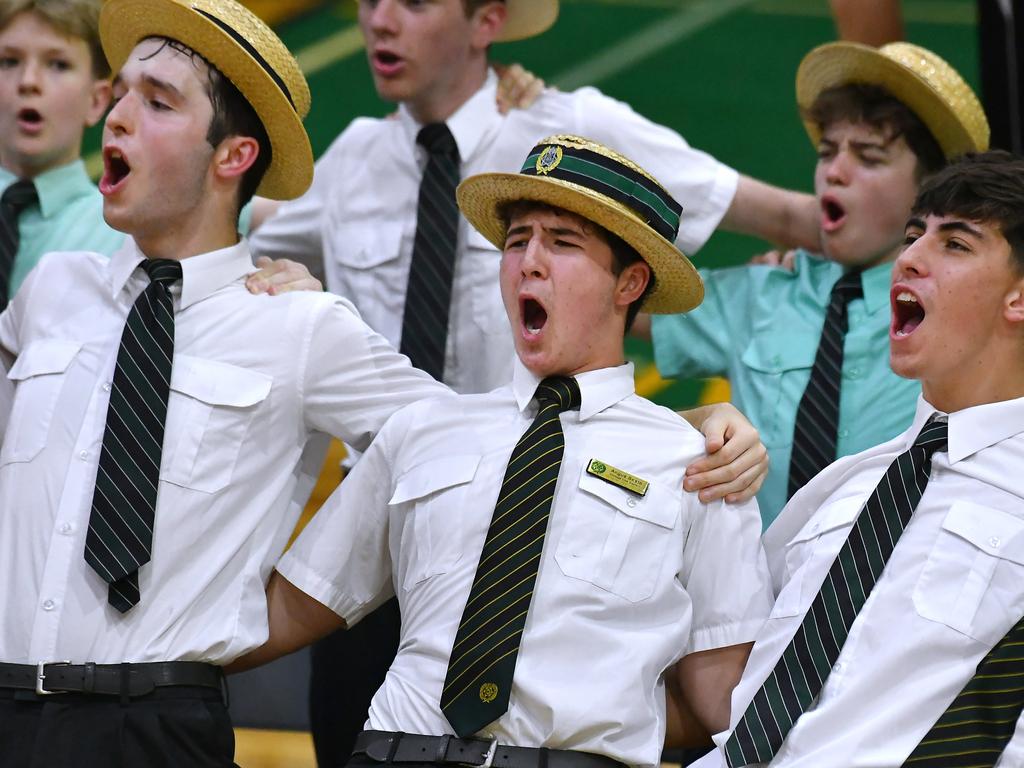Schools send teenagers home for the holidays two weeks early
Teenagers are being sent home for the holidays two weeks early, as government schools in two states and the ACT cut short the school year.

Schools are giving struggling students bonus holidays over summer, even though four in 10 teenagers can’t read properly.
As teacher unions demand more taxpayer money to help failing students catch up, government high schools in Queensland, Victoria and the ACT have given an early mark to 185,000 students.
Teenagers in Years 10 and 11 are being sent home two weeks before the official start of the summer holidays – missing the equivalent of 5 per cent of the year’s allocated instruction time, or one in 20 days of learning.
Students are having the school year cut short even if they failed subjects and would benefit from catch-up instruction.
All students, except Year 12s who have finished their exams, are required to attend school until the official start of the summer break in NSW, Tasmania and the ACT.
A Queensland Education Department spokesman said students in Years 10 and 11 “finish two weeks before the end of term 4’’.
The early mark undermines the department’s “every day counts’’ policy that insists “all children should attend school every school day, including the last day before school holidays’’.
A Victorian Education Department spokesman said “both Year 10 and Year 11 students may finish two weeks early’’ – although Year 10s can stay until the end of the term “at their parents’ discretion’’.
An ACT Education Department spokesman said that Year 10 students finish school two weeks earlier than other grades this year.
In Western Australia, Year 10 students must stay at school but those in Year 11 can finish before the end of the term “once the requirements of their courses have been completed’’, WA Education director-general Melesha Sands said.
Federal opposition education spokeswoman Sarah Henderson condemned the decision.
“The last thing students need right now is less time in the classroom,’’ she said. “No school should have the discretion to compromise the education of young Australians’’.
Senator Henderson called on federal Education Minister Jason Clare to seek assurances from state and territory ministers at their meeting on Monday that all students will attend school for the full year. “With declining academic standards such a critical issue, Mr Clare must hold the states and territories to account when they shortcut students’ learning,’’ she said.

Mr Clare declined to comment.
The Australian Education Union said only 1.3 per cent of public schools were funded to the minimum level that governments agreed to a decade ago.
“We need intensive small group and one-on-one teaching for students at risk of falling behind, more support staff in the classroom and smaller class sizes,’’ AEU federal president Correna Haythorpe said.
Australian teenagers have flatlined in the latest global testing of 15-year-olds in maths, science and reading, with results bogged at the lowest level in two decades. Students who took the test last year performed, on average, at a level one year behind students who took the same test 20 years ago.
The Organisation for Economic Co-operation and Development, which conducted the test of 13,437 Australian teenagers from 743 schools last year, found that half failed to meet the baseline standard for mathematics, while 43 per cent failed to read at the level expected of a 15-year-old.
The OECD’s Program for International Student Assessment (PISA) found that students from the poorest families performed at a level five years behind classmates from wealthy families, on average.
The Smith Family, an educational charity, said that 70 per cent of teenagers from disadvantaged backgrounds failed the PISA maths test, compared to 28 per cent of wealthier students.
“Students facing disadvantage who have slipped behind need tailored extra learning support so that they can catch up, keep up and stay engaged at school,’’ chief executive Doug Taylor said on Wednesday.








To join the conversation, please log in. Don't have an account? Register
Join the conversation, you are commenting as Logout